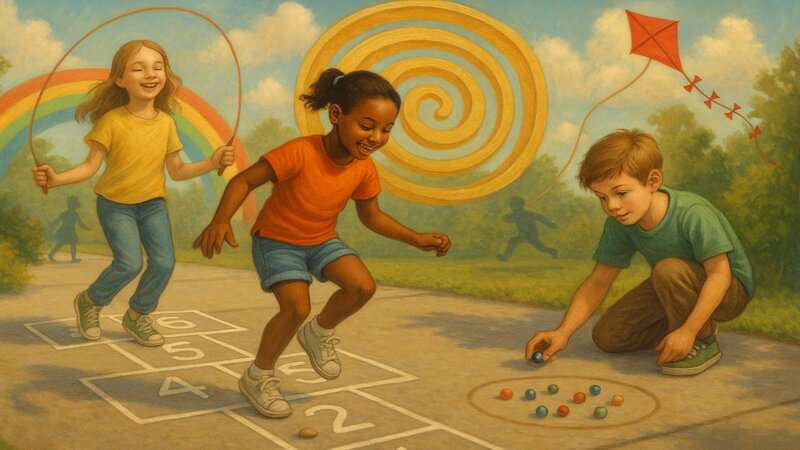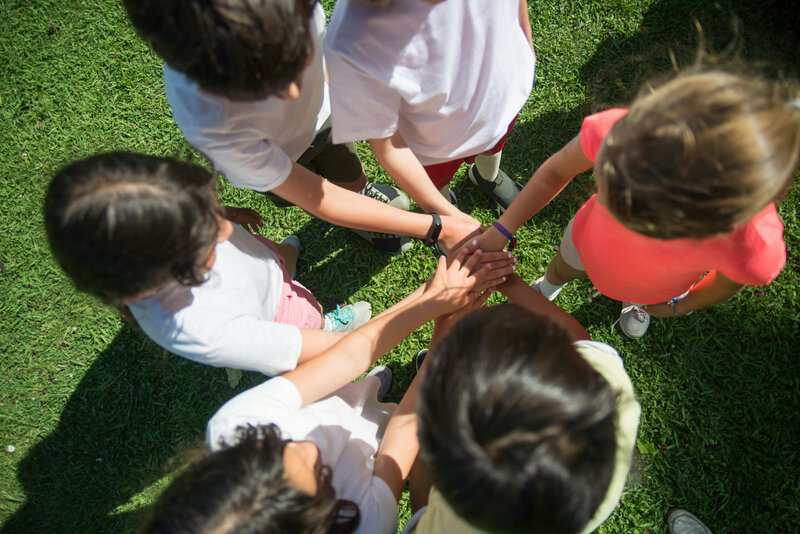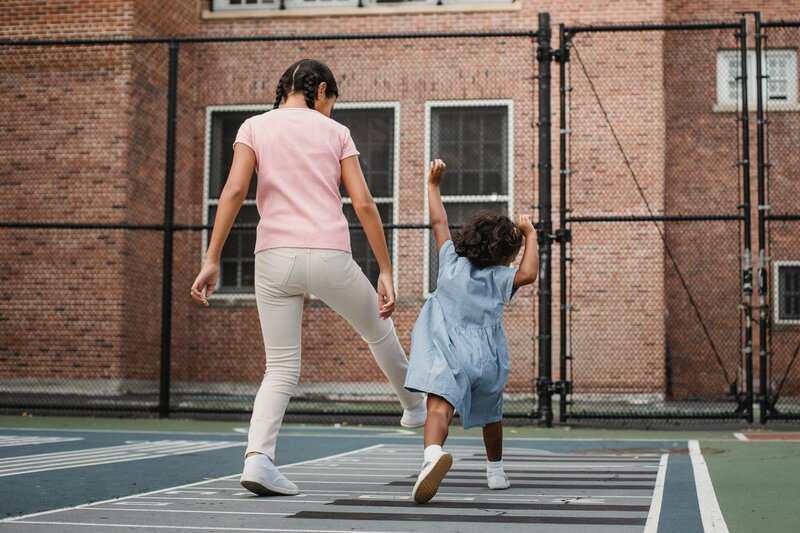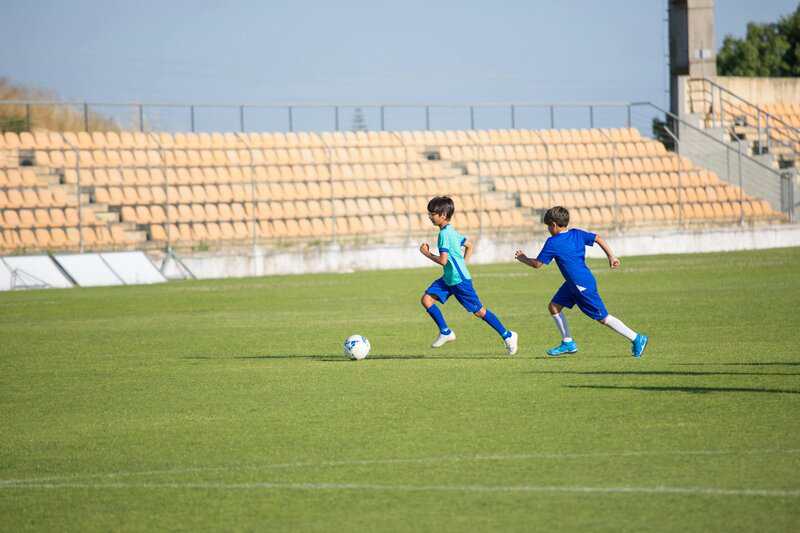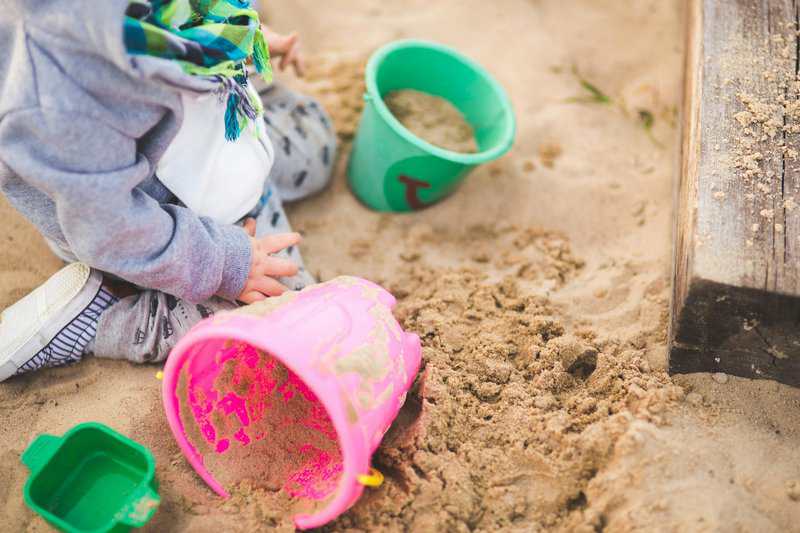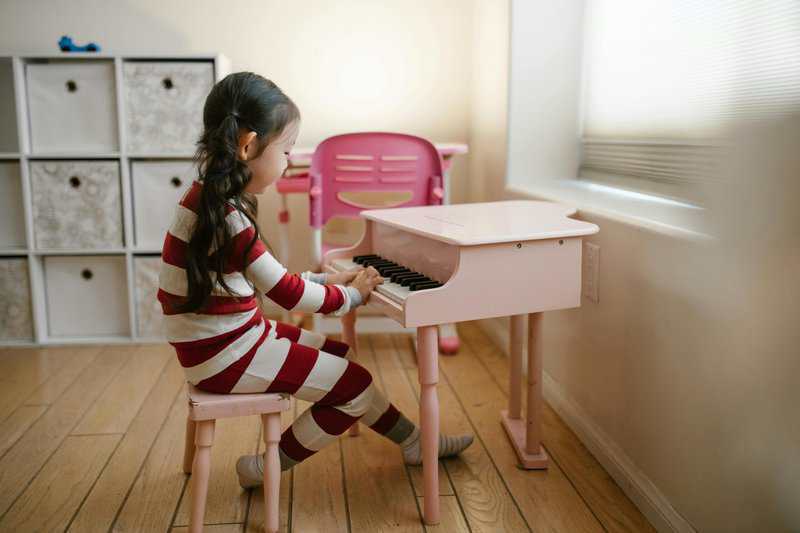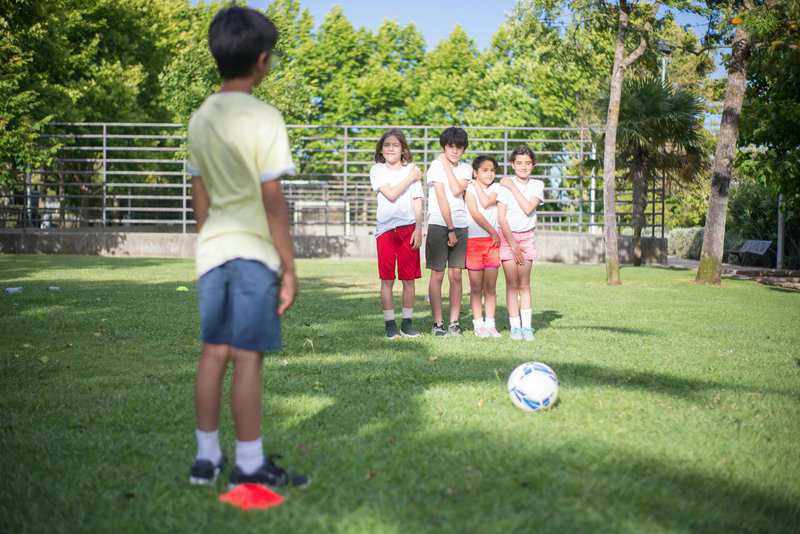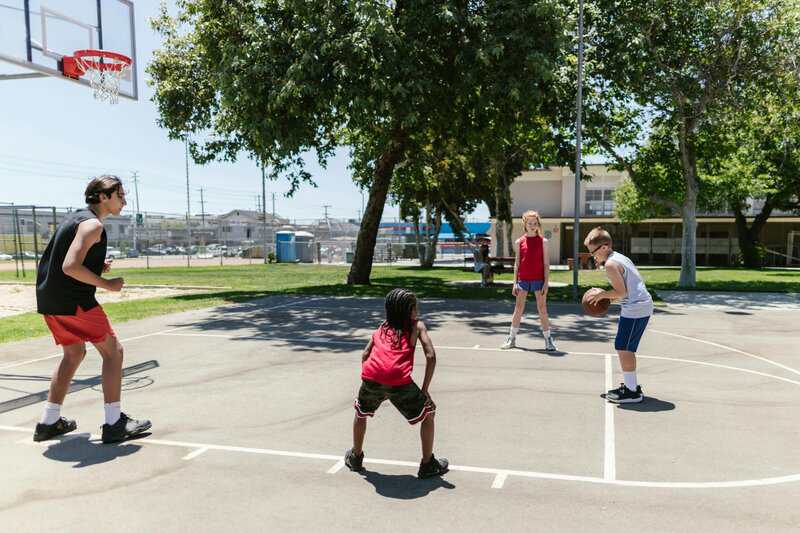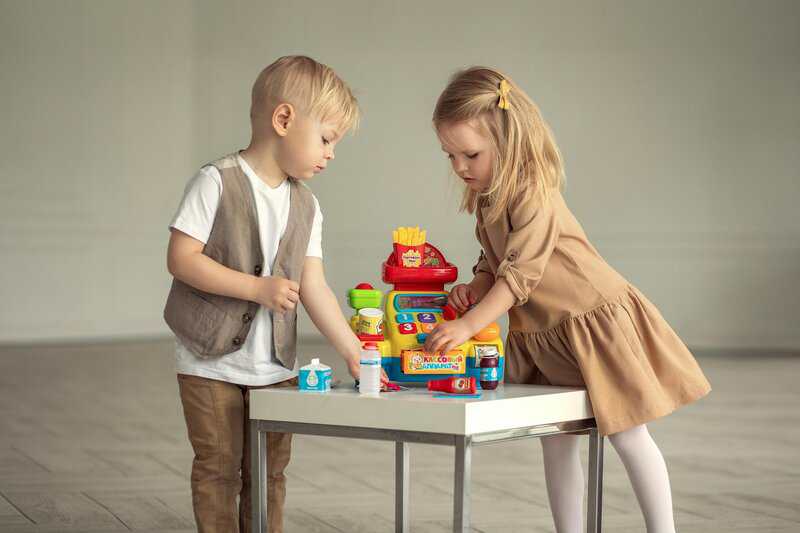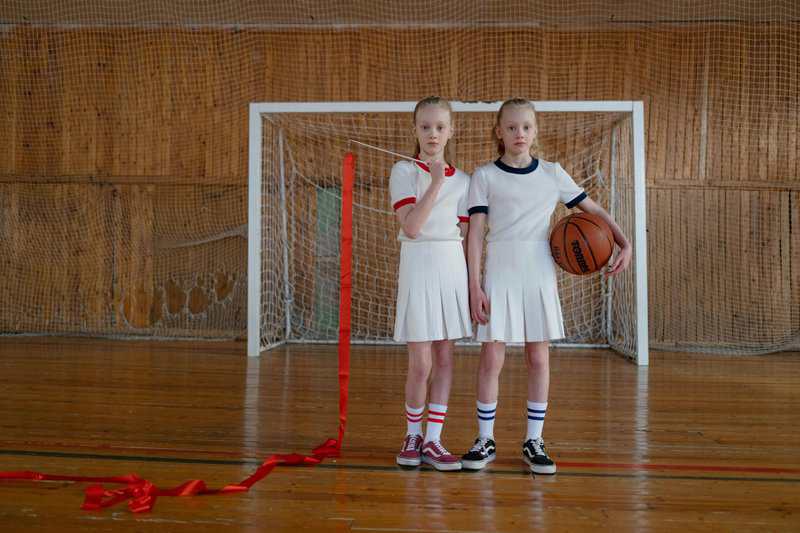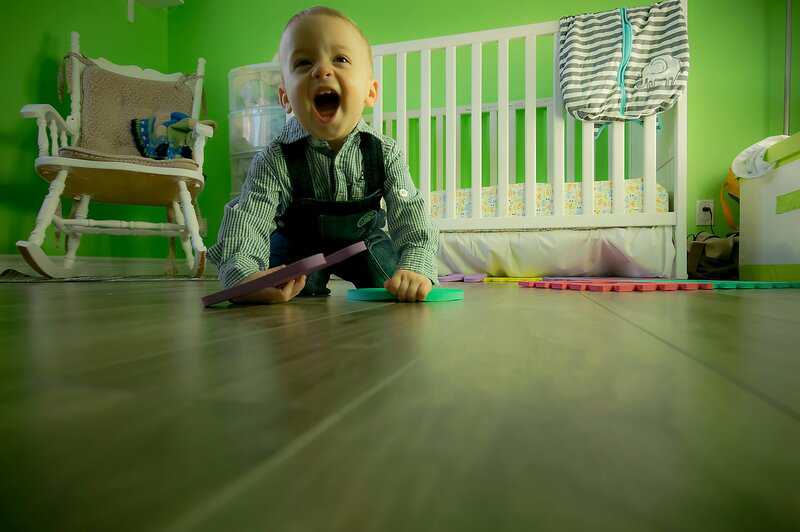For many of us, childhood games were pure fun—a way to pass lazy afternoons or make new friends. Yet, research shows these simple activities were quietly laying the foundation for lifelong success. According to developmental psychologists, unstructured play helps children develop critical cognitive, social, and emotional skills that shape their futures. The American Psychological Association notes that play fosters creativity, cooperation, and resilience. As we revisit classic childhood games, we’ll discover how each one was secretly preparing us for the challenges and triumphs of adulthood.

